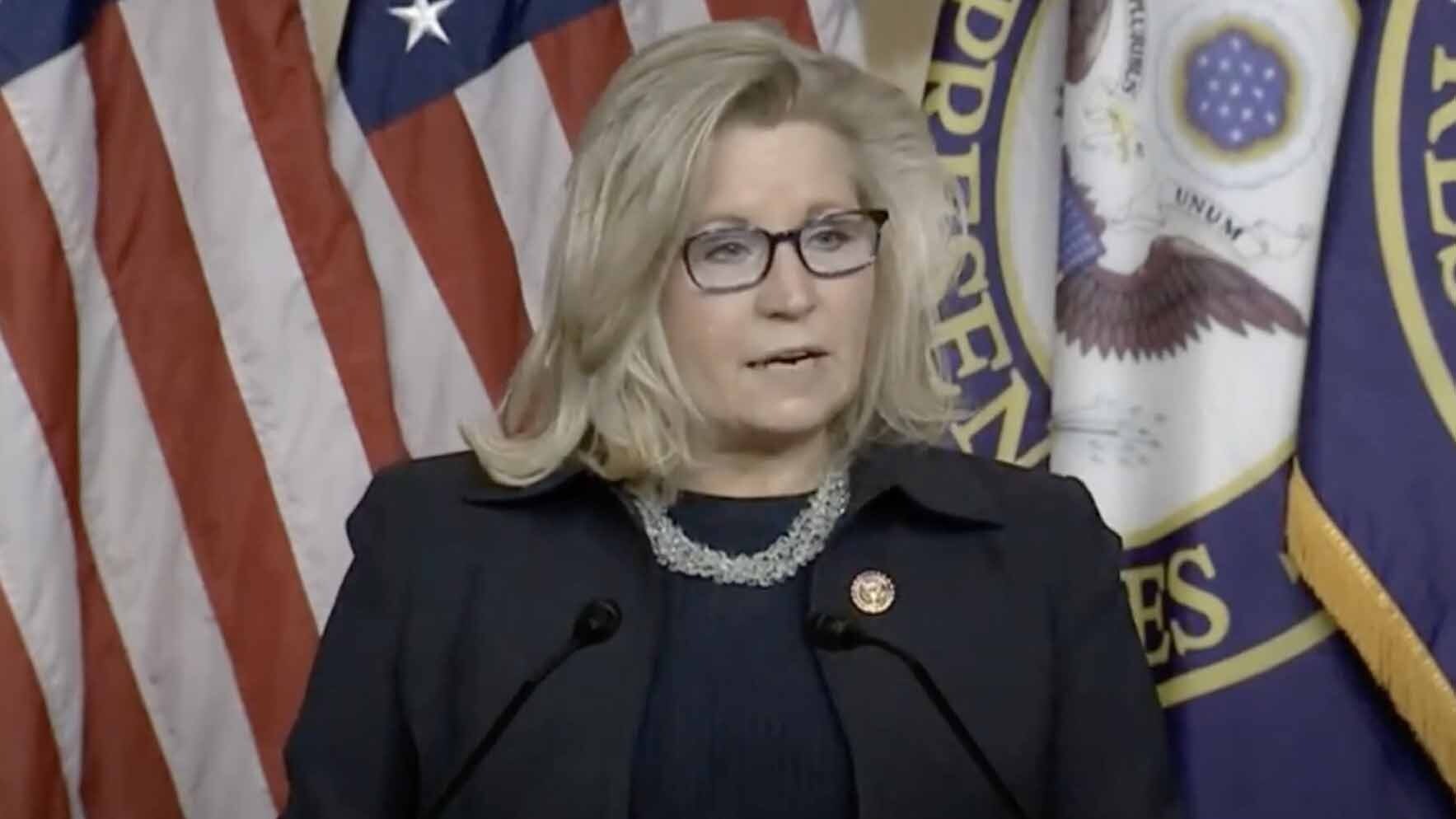U.S. Rep. Liz Cheney estimated that 1 million jobs will be lost due to President Joe Biden’s moratorium on energy and natural gas leases on federal property.
Cheney predicted Wyoming would lose around 18,000 jobs due to the lockdown.
“The negative ramifications from the #BidenBan will be felt all across the country,” Cheney said. “Our nation will be more dependent on our adversaries, families will face higher energy bills, and an estimated million jobs will be lost — including 18,000 here in Wyoming.”
Biden issued an executive order in late January halting new oil and gas leasing on federal land to allow the Department of Interior to conduct a comprehensive review of the federal leasing program and existing fossil fuel leases.
Many Wyoming officials, from Cheney to Wyoming Superintendent of Public Instruction Jillian Balow and U.S. Sens. Cynthia Lummis and John Barrasso, have spoken out against the moratorium.
A University of Wyoming study commissioned by the Legislature concluded that a moratorium on oil and gas leasing on federal land could reduce Wyoming’s production by $872 million per year, costing the state more than $300 million a year in tax revenue.
“This is significant,” Balow previously said. “What we know in Wyoming is that this could be, by modest estimates, about $150 million a year in lost revenue within just a couple of years.”
Last week, Gov. Mark Gordon directed state agencies to determine how the state will be affected by a ban on oil and gas leasing on federal land and help him plot legal strategies to battle the ban.
“Forty-eight percent of our state is federally owned. Anything you do here in the energy space probably has some aspect of federal leasing tied to it,” Gordon said on Fox earlier this week. “Losing that revenue is devastating to our schools, our communities, those small businesses that depend on the energy sector.”





